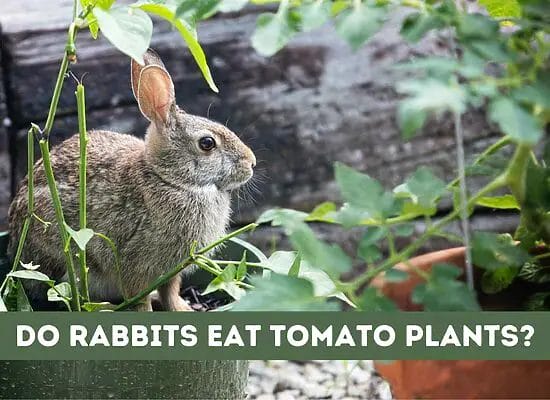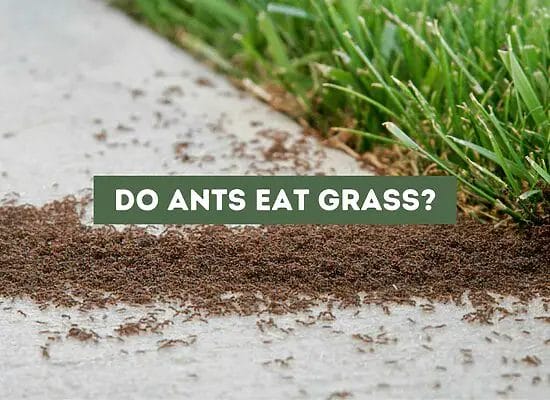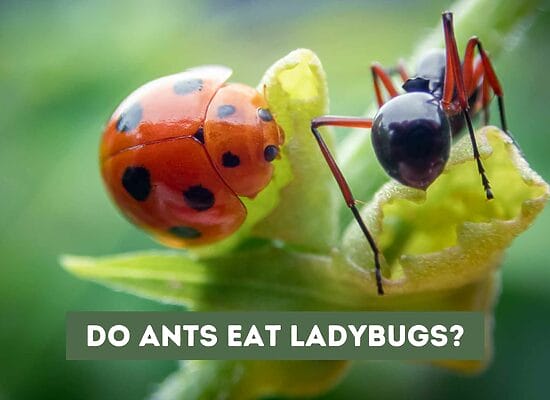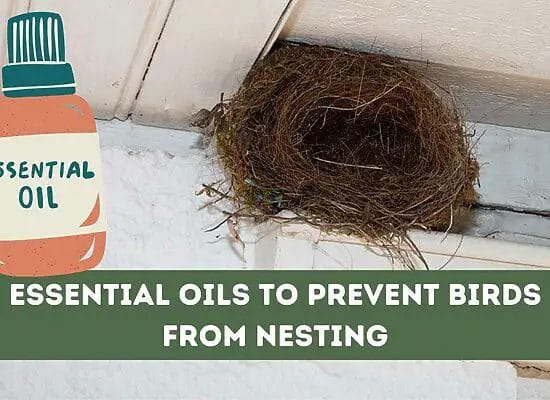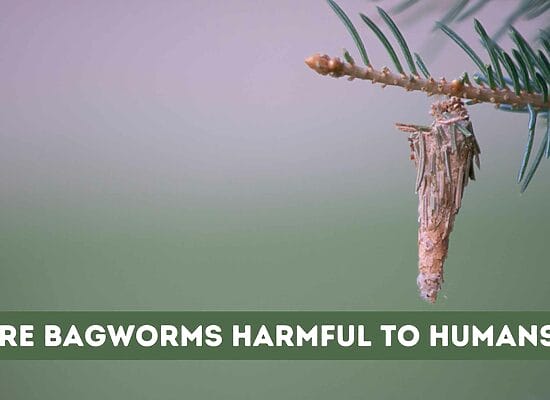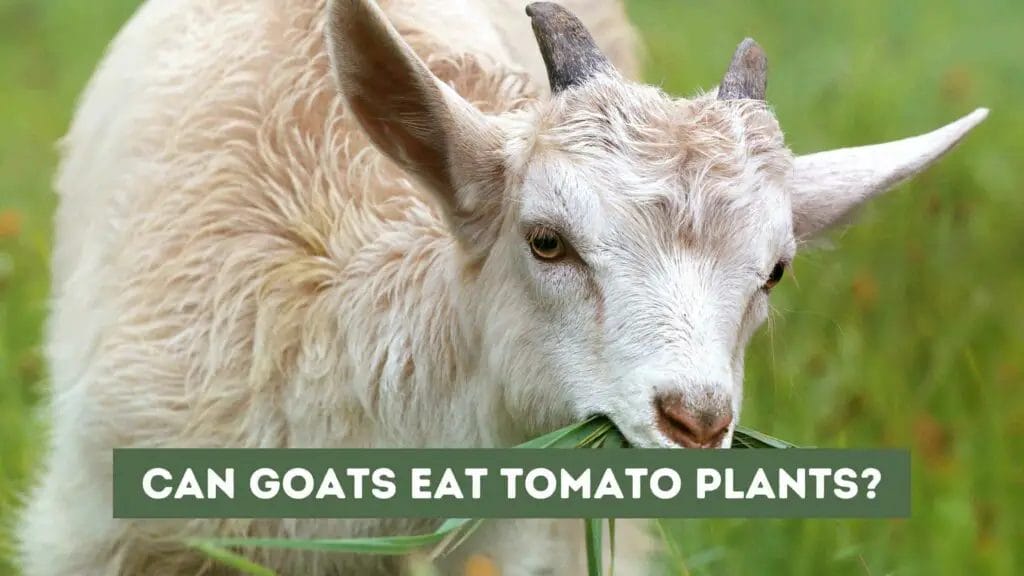
Are you a goat owner wondering if you can feed your goats tomato plants? The short answer is yes but with some caveats. While goats can safely consume the fruit of the tomato plant, the leaves and stems are toxic to them.
Tomatoes can be a healthy and nutritious addition to your goat’s diet. They are a good source of vitamins and minerals, including vitamin C, potassium, and lycopene. However, it’s important to feed them in moderation, as too many tomatoes can cause digestive issues.
Additionally, you must ensure that the tomatoes are free of pesticides and chemicals and that the soil they were grown in is not contaminated. In the following sections, we will delve deeper into the topic and provide you with all the information you need to safely feed your goats tomato plants.
Key takeaways:
- Goats and Their Diet:
- Goats are ruminants with a four-chamber stomach.
- They primarily eat leaves, twigs, shrubs, and plants, being herbivores.
- A balanced diet includes high-quality hay, clean water, mineral supplements, and protein sources like soybean meal or alfalfa hay.
- Tomatoes and Nutritional Benefits:
- Tomatoes are rich in vitamins and minerals beneficial for goats.
- They contain vitamin C, vitamin A, potassium, and lycopene.
- Tomatoes are about 95% water, helping to keep goats hydrated.
- Risks and Precautions:
- Ripe tomatoes are safe, but unripe tomatoes and other parts of the plant are toxic due to solanine content.
- Wash tomatoes to remove pesticide residue before feeding.
- Feeding tomatoes in moderation is important to prevent digestive issues.
- Health Implications of Eating Tomato Plants:
- Tomato plants are toxic to goats due to alkaloids like solanine and tomatine.
- Ingesting large amounts can lead to vomiting, diarrhea, and even severe conditions like seizures and coma.
- Specific Plant Parts and Effects:
- Tomato leaves and stems contain solanine, toxic in large amounts.
- Small amounts of leaves and stems are safe, and some goat owners use dried leaves as a dewormer.
- Ripe fruit is safe in moderation, but unripe fruit contains higher solanine levels.
- Moderation and Precautions:
- Moderation is key; feed goats tomatoes as treats, avoiding leaves and stems.
- Ensure tomatoes are free of pesticides and the soil is well-draining with proper pH levels.
- Consider body weight and breed; recommended serving is one tomato per day for every 10 pounds of body weight.
- Proper Preparation:
- Wash ripe tomatoes thoroughly before feeding.
- Consider chopping or pureeing tomatoes for easier digestion by goats.
Understanding Goats and Their Diet
If you’re considering adding goats to your livestock, it’s important to understand their dietary needs. Goats are ruminants, which means they have a four-chamber stomach that allows them to efficiently digest tough plant material. They are also herbivores, which means they only eat plants.
Goats are primarily browsers, which means they prefer to eat leaves, twigs, and shrubs rather than grass. However, they will also graze on grass if it’s available. In addition to browsing and grazing, goats also require hay to supplement their diet.
When feeding goats, it’s important to provide a balanced diet that includes all the necessary nutrients. Goats require protein, energy, and calcium, among other nutrients, to maintain their health. A balanced diet for goats should consist of:
- High-quality hay
- Fresh, clean water
- A mineral supplement
- A source of protein, such as soybean meal or alfalfa hay
It’s important to feed goats in moderation and to avoid overfeeding. Overfeeding can lead to health problems such as obesity, which can be detrimental to their overall health.
Tomatoes and Goats: A Closer Look
If you’re wondering whether goats can eat tomatoes, the answer is yes, but with some caveats. Tomatoes are a fruit that can be a healthy and nutritious addition to a goat’s diet, but it’s important to feed them in moderation. Here’s a closer look at how tomatoes can benefit goats and what to watch out for.
Nutritional Benefits
Tomatoes are rich in vitamins and minerals that can benefit goats. They contain vitamin C, which can help boost the immune system, and vitamin A, which is important for vision and skin health. Tomatoes also contain potassium, which can help regulate blood pressure, and lycopene, which has antioxidant properties. Additionally, tomatoes are about 95% water, which can help keep goats hydrated.
Risks and Precautions
While goats can eat ripe tomatoes, it’s important to avoid feeding them unripe tomatoes or any other part of the tomato plant, such as the leaves or stems. These parts contain solanine, a toxic alkaloid that can cause severe gastrointestinal distress in goats. It’s also crucial to wash tomatoes thoroughly before feeding them to goats to remove any pesticide residue.
Serving Size
Tomatoes should be given to goats as a treat in moderation, along with a balanced diet of hay, grains, and other vegetables. A good rule of thumb is to feed goats no more than a handful of tomatoes per day, depending on their size and weight. Overfeeding tomatoes can lead to digestive issues and other health problems.
Health Implications of Goats Eating Tomato Plants
Goats are known for their voracious appetite and their tendency to munch on anything that comes their way. While goats can eat tomato fruits without any issues, the tomato plant itself can be toxic to them. In this section, we will explore the health implications of goats eating tomato plants.
Tomato plants belong to the nightshade family of plants, which also includes potatoes, eggplants, and peppers. All parts of the nightshade plant, including the leaves, stems, and fruit, contain alkaloids such as solanine and tomatine, which can be toxic to goats in large quantities.
If a goat eats a large amount of tomato plant material, it can lead to symptoms such as vomiting, diarrhea, and indigestion. In severe cases, it can even lead to seizures, coma, and death.
It’s important to note that not all goats will react the same way to the toxins in tomato plants. Some goats may be more sensitive than others, and the severity of the symptoms can vary depending on the amount of plant material consumed.
If you suspect that your goat has eaten tomato plants, it’s important to monitor them closely for any signs of distress. Some common symptoms of tomato plant toxicity in goats include:
- Diarrhea
- Vomiting
- Loss of appetite
- Lethargy
- Weakness
- Abdominal pain
If you notice any of these symptoms, it’s important to contact your veterinarian immediately. They can provide you with guidance on how to manage the symptoms and prevent any further complications.
Specific Parts of Tomato Plants and Their Effects
When it comes to feeding your goats tomato plants, it’s important to understand the effects of different parts of the plant. Here’s what you need to know:
Leaves
Tomato leaves contain solanine, a toxic alkaloid that can cause digestive upset, lethargy, and even death in large amounts. However, in small amounts, tomato leaves are safe for goats to eat. In fact, some goat owners even use dried tomato leaves as a natural dewormer. If you’re going to feed your goats tomato leaves, make sure to do so in moderation and monitor them for any adverse effects.
Stems
Like tomato leaves, tomato stems contain solanine and can be toxic to goats in large amounts. However, goats can safely consume small amounts of tomato stems without any ill effects. If you’re going to feed your goats tomato stems, make sure to remove any leaves or unripe fruit first.
Leaves and Stems
While tomato leaves and stems are safe for goats in small amounts, it’s important to note that the concentration of solanine is higher in the leaves and stems than in the fruit. If you’re going to feed your goats tomato leaves and stems, make sure to do so in moderation and monitor them for any adverse effects.
Ripe Fruit
Ripe tomatoes are safe for goats to eat and can be a healthy addition to their diet. Tomatoes provide essential vitamins and minerals such as vitamin C, potassium, and lycopene. However, it’s important to note that tomatoes are high in sugar and can cause digestive upset if fed in large amounts.
Unripe Fruit
Unripe tomatoes contain higher levels of solanine than ripe tomatoes and can be toxic to goats in large amounts. If you’re going to feed your goats unripe tomatoes, make sure to do so in moderation and monitor them for any adverse effects.
Moderation and Precautions in Feeding
When it comes to feeding goats tomatoes, moderation is key. While it is safe for goats to eat the fruit of the tomato plant in small amounts, the leaves and stems of the plant are toxic and should never be fed to goats. It is important to check the area where your goats are housed and any area they could break into for toxic plants of any kind.
In addition to moderation, there are some precautions you should take when feeding your goats tomatoes. First and foremost, make sure the plant is free of any pesticides or chemicals. You should also test the soil for contaminants and ensure that it has a pH level between 6.0 and 7.0 and is well-draining. Finally, the plant should be watered and fertilized as needed.
When feeding your goats tomatoes, it is important to consider their body weight and breed. The recommended serving size for goats eating tomatoes is one tomato per day for every 10 pounds of body weight. However, some breeds may be more sensitive to certain foods than others, so it is important to monitor your goats for any signs of digestive upset.
While tomatoes can be a healthy snack for goats, it is important to prepare them properly. Tomatoes should be ripe and washed thoroughly before feeding to goats. You can also chop them up into small pieces or puree them to make them easier for goats to digest.
FAQ: Can Goats Eat Tomato Plants?
Are tomato plants safe for goats to eat?
Yes and no. While goats can safely eat ripe tomatoes, the leaves and stems of tomato plants are toxic to them. These parts contain solanine, a toxic compound that can cause gastrointestinal problems, weakness, and even death in severe cases. So, while it is safe for goats to eat the fruit of tomato plants in moderation, it is best to avoid feeding them the leaves and stems.
What are some plants that goats should avoid eating?
Goats are known for their voracious appetites and will eat almost anything, but there are some plants that they should avoid. Some common plants that are toxic to goats include rhododendrons, azalea, oleander, yew, and hemlock. Additionally, plants that are high in oxalates, such as spinach and beet greens, can cause kidney damage if consumed in large quantities. It is always best to research any new plants before feeding them to your goats.
Can goats safely consume fruits like apples and bananas?
Yes, goats can safely consume many types of fruit, including apples and bananas. These fruits are a great source of vitamins and minerals and can make a tasty treat for your goats. However, it is important to feed them in moderation, as too much fruit can lead to digestive problems. Additionally, be sure to remove any seeds or pits, as these can be toxic to goats.

